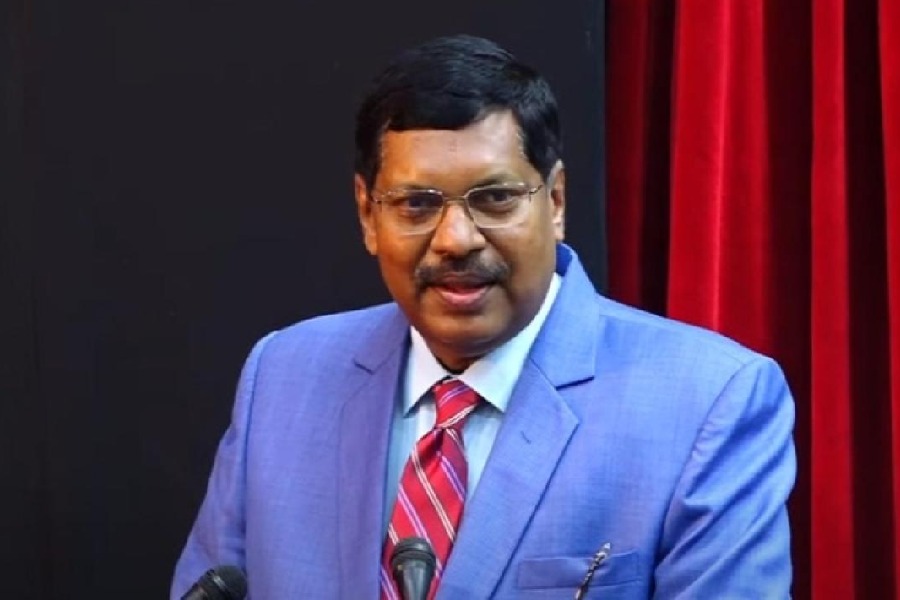Justice B.R. Gavai, a Dalit who takes over as Chief Justice of India next May, on Thursday castigated those from his community who are opposed to the sub-classification of SCs and STs in the context of reservation.
He argued that the better-off SCs and STs objecting to special measures for their less fortunate brethren were behaving like passengers of general compartments who, having got in, tried to keep others out.
Justice Gavai, who authored a separate but concurring judgment — the longest at over 280 pages — said it was the State’s duty to provide preferential treatment to backward classes that were not adequately represented.
“If the State while discharging that duty finds that certain categories within the Scheduled Castes and Scheduled Tribes are not adequately represented and only the people belonging to (a) few of the categories are enjoying the entire benefit... can the State be denied its right to give more preferential treatment for such categories?” he wrote.
Justice Gavai said that among the Scheduled Castes, some groups had faced more inhuman treatment for centuries, and that the hardships and backwardness suffered historically differed from sub-group to sub-group.
“I find that the attitude of the categories in the Presidential List (SCs, STs) opposing such a sub-classification is that of a person in the general compartment of the train,” he wrote.
“Firstly, the persons outside the compartment struggled to get into the general compartment. However, once they get inside it, they make every attempt possible to prevent the persons outside such a compartment from entering it.”
He added: “...When the State endeavours to ensure that the said benefit percolates to the more underprivileged and less adequately represented, the sections from the Scheduled Castes who oppose them, stand in the shoes of those who oppressed them.
“I find that to achieve real equality as envisaged by this Court in various judicial pronouncements, sub-classification amongst the Scheduled Castes for giving more beneficial treatment is wholly permissible under the Constitution.”
He went on: “Can a child of IAS/ IPS or Civil Service Officers be equated with a child of a disadvantaged member belonging to Scheduled Castes, studying in a Gram Panchayat/ Zilla Parishad school in a village?
“...Putting a child studying in St Paul’s High School and St Stephen’s College and a child studying in a small village in the backward and remote area of the country in the same bracket would obliviate the equality principle enshrined in the Constitution.”
Scepticism
Some Dalit scholars and activists were sceptical about the verdict.
Avatthi Ramaiah, a professor at TISS, Mumbai, said the material gains made by individual SCs did not necessarily liberate them from the stigma and disadvantages of belonging to the Dalit community.
“Sub-categorisation among SCs can be a progressive idea only when the affluent castes among the SCs are identified, removed from the SC list and included in the OBC list,” he said.
“If this is not done and certain SCs are given a smaller share in reservation, it will be a double whammy for them: they will have fewer opportunities while continuing to face caste discrimination.”
C. Lakshmanan, associate professor at the Madras Institute of Development Studies, feared that many reserved posts might remain vacant after sub-categorisation because of an inadequate number of “eligible persons from the castes intended to be given exclusive benefits”.
He added: “If the idea is to benefit the neediest among the SCs, a better way is to develop a policy of preferential treatment for them while deciding the beneficiaries of reservation. Certain criteria can be followed, such as first-generation learners and children of day labourers or people engaged in menial jobs, to identify the neediest.”










